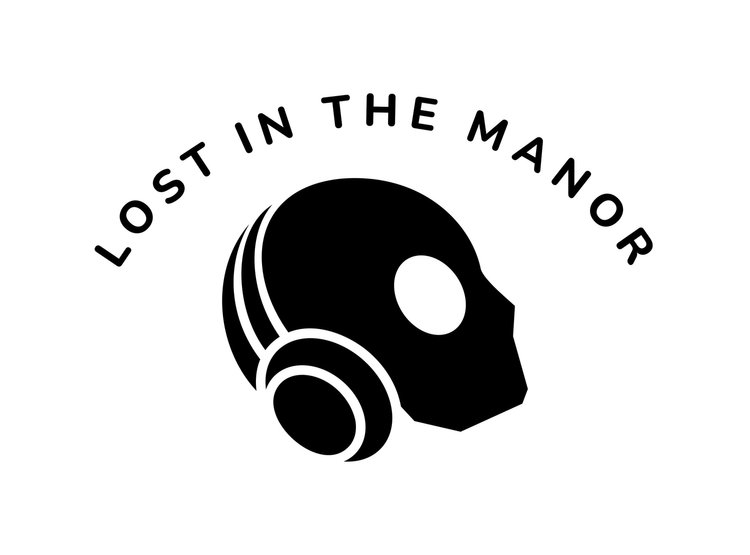Israeli singer-songwriter Pini Gurfil composes rock-noir, soft-rock and jazz-swing music. He writes both in English and in Hebrew. He had previously published two award-winning Hebrew poetry books. Anny is Pini's third single (following Fade Away and Reborn). The song’s narrative deals with human undertaking in relationship; in particular, the intricate mental network weaved by psychotherapy. The song dwells upon the inter-relations between mental resurrection and the underlying anxiety, while investigating the prospects and process of mental salvation. It includes an expert from a speech by philosopher Alan Watts. The song is melodically dynamic, with the 6/8 meter endowing it with a retro-rock vibe.
By Kamil Bobin
Discovered via Musosoup
Hey Pini Gurfil, super nice to have the chance to chat with you. What first got you into music?
Hey there, thanks for having me. After a two-decade-long hiatus, I started composing my own poems as a therapeutic process about 7 years ago. A close friend, who walked me through an extremely challenging period of my life, convinced me to refresh my piano skills. I initially wrote a few songs in Hebrew, and then transformed into English. The detachment I feel while writing in English is a powerful driving factor for creating emotionally-impactful lyrics. As an artist by nature, I found music to be the most imaginative, whole and profound means for self-expression.
Who would you most like to collaborate with?
It has been a long-time dream of mine to collaborate with Nick Cave, an artist whose profound say in the matter of my life has been impactful and influential not only on the way I conceive music and writing, but also on the subtext of my art. But, because I know Nick cave is quite busy these days working on a new project, I am also willing to collaborate with John Cale ;). Cale is a giant, whose music will prosper inside me forever.
Your latest song is 'Anny'. Can you tell us more about the making of it and if there were any unusual things happening during the process?
‘Anny’ reflects upon my personal experience from psychotherapy. It adopts a dissonant standpoint; on one hand, it is skeptical; and, on the other hand, it is accepting and hopeful. This song is characteristic of my music, which often deals with our innermost dark layers, without succumbing to popular music trends, but rather invigorating sounds and themes which best suit the intricate lyrical structures. While working on this song, my producer, Tom Goldstein, modified my original composition of the chorus, rendering it more approachable and warmer. After finishing the composition, we discovered a speech by philosopher Alan Watts, which, remarkably and as complete coincidence, captured the exact subtext of the song. We ended up adding this speech to the song, which, I believe, renders the entire composition a philosophical manifest.
What are you focusing on right now?
I am focusing on finishing up my album, which includes 7 songs. Tom Goldstein and I have been recording vocals for the last song, ‘Call it Art’, which will be my first duet. I am also performing and recording with my band, an Israeli rock group called ‘Signal to Noise’, and, as always, creating new music for my next album, which will be recorded in a live session. I am also constantly focusing on the process of seeking inspiration.
What is the first thing you think of when you wake up?
I think how to settle the conflict between being an artist, a scientist, and a parent. I think how pathetic was the song I wrote last night. I think about chord progressions. I think how to transform my feeling into lyrics instead of letting them slip into anxiety.
What is the biggest challenge of being an artist?
For me, being an artist means assuming responsibility for making the world more aware, more conscious, and more thoughtful. The biggest challenge this role entails is dealing with the vulnerability of being exposed; communicating the most intimate self-expression to a crowd, which is often doubtful and judgmental, while hoping for approval.
How do you structure your day?
My day job is professor of aerospace engineering at the Israel Institute of Technology. I conduct research, supervise graduate students and teach. I also spend much time with my 3 kids. Nights are devoted to music. I practice, write, rehearse and record on a daily basis, usually as late as possible. Not quite the life of a rock star, at least not yet :)
Do you have any hobbies or interests outside of music?
Poetry is a major interest. I have written 2 award-winning Hebrew poetry books. I am also a keen art fan, and have painted in the past. Before the COVID pandemic I used to travel a lot. Traveling inspired many of my songs. I read as much as possible; I am a big fan of Haruki Murakami’s novels. Body-building and basketball have been 35-year-old hobbies of mine.
Do you sing in the shower? What songs?
No. I am still ambiguous regarding my singing. I view myself as a deliverer of lyrics rather than a professional singer. While I have been through vocal coaching for quite a while now, I believe that learning to accept your own voice and treat it with piece, may be a life-long process. I do sing along with Dream Theater, Leonard Cohen and Pink Floyd songs though :-)
What are your plans for the future?
I plan to start working on my live show after completing my current album; start recording a new album; and record some new tracks with my band. I plan to create a few new videos for my songs. I am also constantly looking for international collaborations, as I fundamentally believe in the role of dialogues among artists in creating artistic growth. Of course, my ultimate plan for the future is to learn the mastery of trusting my own musical creations.

